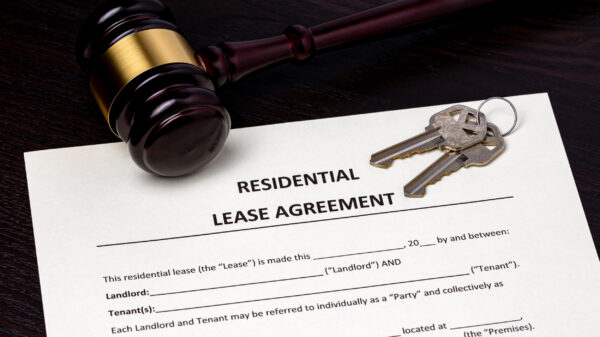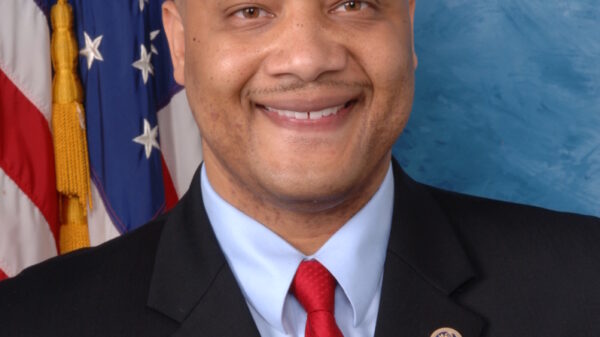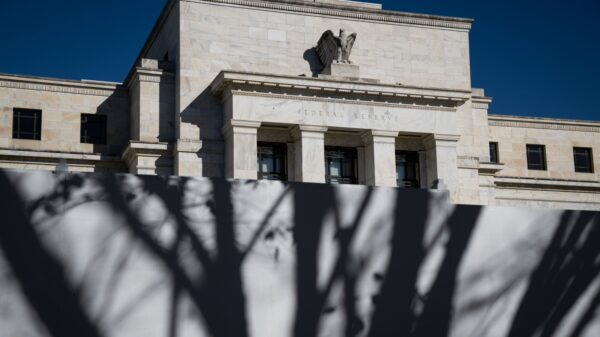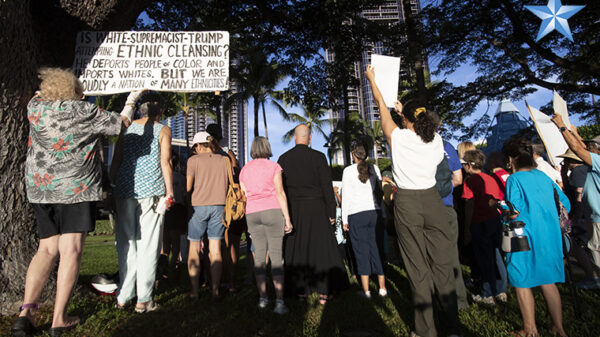A federal appeals court has dealt a significant blow to New York’s legal cannabis industry, declaring that the foundational premise of its recreational cannabis market is unconstitutional. The court’s ruling, issued in April 2023, found that New York State’s preference for businesses owned by individuals previously affected by cannabis criminalization discriminated against out-of-state residents, violating the Constitution’s dormant Commerce Clause.
This decision follows recent actions by the New York Office of Cannabis Management, which unexpectedly revised the criteria for determining the distance cannabis shops must maintain from schools and houses of worship. Under current regulations, shops cannot be located within 500 feet of these establishments. The change puts over 150 approved retailers at risk of closure, including those already operating and others set to open after extensive preparation.
The series of missteps surrounding the rollout of New York’s cannabis market has raised concerns about the management of the industry. Efforts to prioritize local business owners who were previously criminalized for cannabis-related offenses have led to unexpected consequences, leaving many struggling to survive. Issues such as bureaucratic delays, unfavorable loan terms, and the exclusion of designated protected classes have compounded the challenges faced by these entrepreneurs.
As a result of the court’s ruling, many business owners who had relied on state support now find themselves in a precarious position. The initial intent of the legislation—to create equitable opportunities—has been undermined by a legal framework that now appears flawed. The ruling raises pressing questions about the viability of the existing market and the future of those licensed to operate within it.
Impact on Licensed Retailers and Future Regulations
While the court’s decision does not automatically revoke licenses from current cannabis retailers, it casts doubt on the stability of the market. Many businesses, which have only recently begun to establish themselves, now face an uncertain future. The state legislature must act promptly to address the distance requirement issue to prevent the absurd scenario of retailers closing simply due to minor distance discrepancies.
Despite the chaos, some recent legislative measures have targeted illegal cannabis operations, leading to closures of unlicensed shops. However, the overall situation remains fraught with difficulties, and the mismanagement of the rollout has created an environment that primarily benefits large out-of-state firms rather than the local small businesses that lawmakers initially sought to protect.
The complexities of this situation highlight the urgent need for regulatory clarity and support for those still navigating the evolving cannabis landscape. As the industry continues to grapple with the ramifications of the court ruling, stakeholders are left to ponder how to restore confidence and stability in a market that has been marred by missteps.
In summary, the recent court ruling has exposed fundamental flaws in New York’s legal cannabis framework, prompting calls for immediate legislative action. The focus now must shift towards rectifying these issues and ensuring that the market can operate with a level of certainty that benefits all participants. Good intentions have been overshadowed by poor policy execution, leaving many to question the future of cannabis legalization in the state.
































































